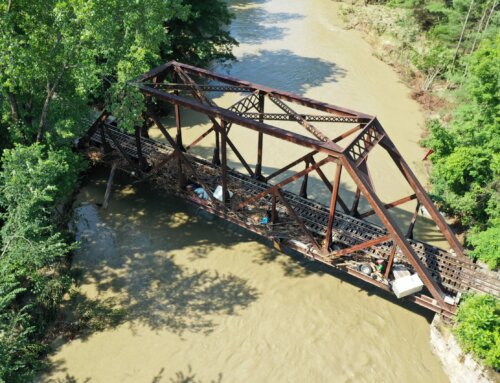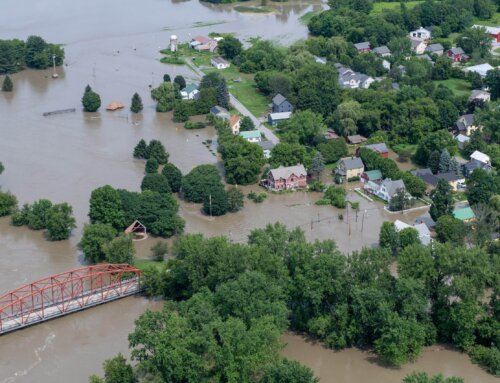July 21, 2021
Massachusetts Department of Environmental Protection
Bureau of Resource Protection –Water Management Program
One Winter Street, 5thfloor
Boston, MA 02108
Attention: WMA Regulations
Submitted via email to dep.talks@mass.gov
Re: Connecticut River Conservancy Comments on Draft Changes to Water Management Act Regulations 314 CMR 36
Dear MassDEP,
The Connecticut River Conservancy (CRC) is a nonprofit citizen group established in 1952 as the Connecticut River Watershed Council to advocate for the protection, restoration, and sustainable use of the Connecticut River and its four-state watershed. The Connecticut River and its tributaries (including the Deerfield, Millers, Chicopee, Farmington, and Westfield basins) take up approximately one-third of the land area of Massachusetts. The rivers in our watershed are used as drinking water reservoirs for the two largest municipal systems in the state (MWRA and Springfield Water and Sewer Commission) as well as several smaller systems. Our rivers are also heavily manipulated for hydropower use and flood control, and are also used as cooling water for a dwindling number of power plants, discharge for wastewater treatment, large and small irrigation, and there are many areas that rely on private wells for drinking water. The need to balance societal needs and uses of the water vs. maintaining as natural a river ecology as possible is a key component of our work as a watershed organization. We believe when there are regulations in place that ensures this balance, our quality of life, the environment, and our economy are enhanced.
The proposed changes to 310 CMR 36.07 provide resiliency for public water supplies that are registration holders under the Water Management Act. The requirements are straightforward, are invoked during a drought, and in a normal year would not require any extra work on behalf of the water supply. The change is akin to a loss of income at the household level and making an effort to cut out unnecessary expenses. Curtailing nonessential water use would simply position a water utility to be able to ride out a drought without serious impacts. The proposed change may or may not benefit rivers in a measurable way, but it certainly will benefit communities. The regulatory changes make sense during an era of climate change and should be quickly enacted.
CRC appreciates the opportunity to provide comments. I can be reached at adonlon@ctriver.org or (413) 772-2020 x.205.
Sincerely,
Andrea F. Donlon
River Steward







